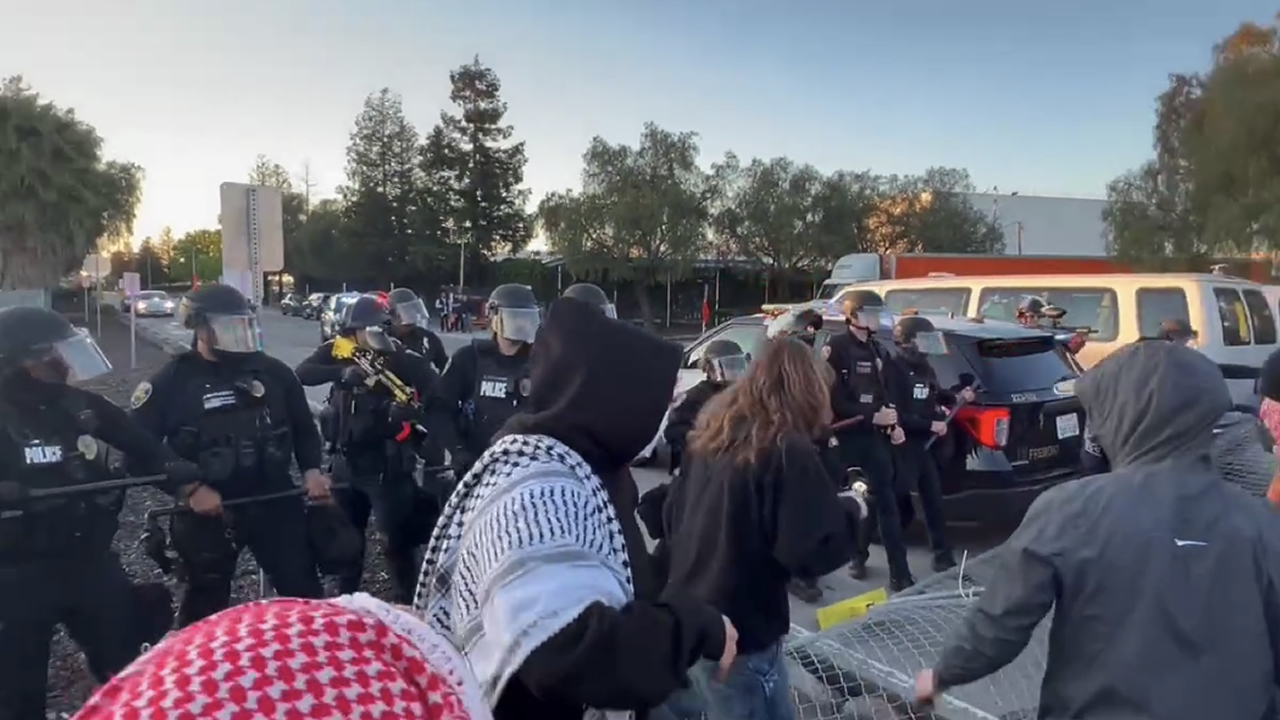Electric vehicles for low-income residents could be crucial in California

SAN FRANCISCO (KGO) -- Last week during the Global Climate Action Summit in San Francisco, Governor Jerry Brown reaffirmed his goal of having five million electric vehicles in the state by 2030. While it's ambitious, it can only be achieved, in part, if such cars are made more affordable for low-income communities.
Today ABC7 news stopped by the Audi Showroom at the Bill Graham Civic Auditorium to see their new electric car called Audi e-tron.
"We're certainly looking to electric as being the future of Audi. At the same time we foresee that we'll have 30 percent or our volume from electric vehicles by 2025," said Mark Dahncke of Audi America.
RELATED: Many Bay Area residents already meeting Jerry Brown's carbon-free energy goal
Deposits are being taken now. The starting price is more than $74,000, obviously less after a federal rebate.
Electric cars have been out of reach for most low-income residents.
"We want to make sure that everyone can access electric cars regardless of race, income, zip code. We want everyone to benefit," expressed Joel Espino of the Greenlining Institute, a research and policy development nonprofit in Oakland.
RELATED: Gov. Brown signs green bills on electric ferry in San Francisco Bay
They helped craft the a bill by State Senator Kevin de Leon of Los Angeles which includes, among other things, more rebates for low income residents who scrap old, polluting cars.
That has been successful in the Central Valley and greater Los Angeles Area. It will soon come to the Bay Area.
Another bill by Assemblyman Freddie Rodriguez of Pomona, would create outreach to low income communities to increase awareness, while prioritizing rebate payments.
"We have to make sure if you are targeting Latino communities that you are using Spanish language radio because that's their trusted medium," explained Espino.
The two bills have been signed into law by Governor Brown and will hopefully start to change things.
RELATED: Global Climate Action Summit in San Francisco attracts leading minds
That will all take time. In the meantime, Scott Moura an assistant professor of civil and environmental engineering at UC Berkeley says there are other ways to put the concept of green energy in low income communities.
"Even a model for which they can use mobility as service affordably in a way that decarbonizes transportation, car-sharing, sharing," said Moura.
California has already agreed to help provide assistance to car-sharing programs in these communities.
Find more stories, photos and videos on electric vehicles here.









